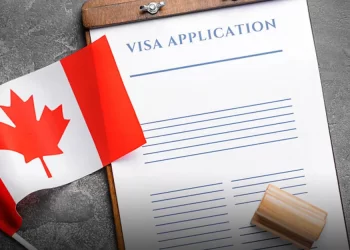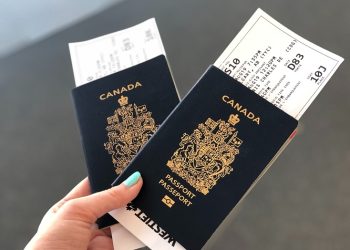Do you have a laughing baby? The first laugh of a Navajo child is a very significant event. On the Navajo reservation, that’s a common question posed to parents who have infants around the age of three months.
It marks the child’s final passing from the spirit world to the physical world, meaning he or she is now fully human and present with us. The belief behind the tradition is that when a baby is born, she belongs to two worlds: the spirit world and the physical one.
The first laugh is seen as a sign of the baby’s desire to leave the spirit world and join her earthly family and community. Perhaps it was because of the fragility of new life that infants were treated as still “between worlds” for those delicate first few months until parents heard a sign of joy and wellbeing that reassured them their baby was healthy enough to survive.
This milestone warrants a party, and what a party it is! The honor of throwing this party, including covering the expenses, falls to the person who made the child laugh first—a parent or someone else.
That person takes charge of butchering sheep, preparing food, gathering rock salt, putting candy and gifts into bags, and inviting friends from near and far. Once a baby has laughed, training in generosity begins immediately—a value held in high regard among our people.
At the party, where the baby is considered the host, the parents or person responsible for the first laugh help hold the baby’s hand as he or she ceremonially gives the rock salt, food, and gifts to each guest.
The rock salt is eaten immediately, and then the plate is received. There are also bags of candy, money, and other presents that the child “gives” along with the food.
Many Navajo Christians are strongly opposed to using many aspects of traditional Navajo culture in Christian worship. Some Navajos also argue that the traditional religion is deeply intertwined with cultural practices, making distinctions difficult.























